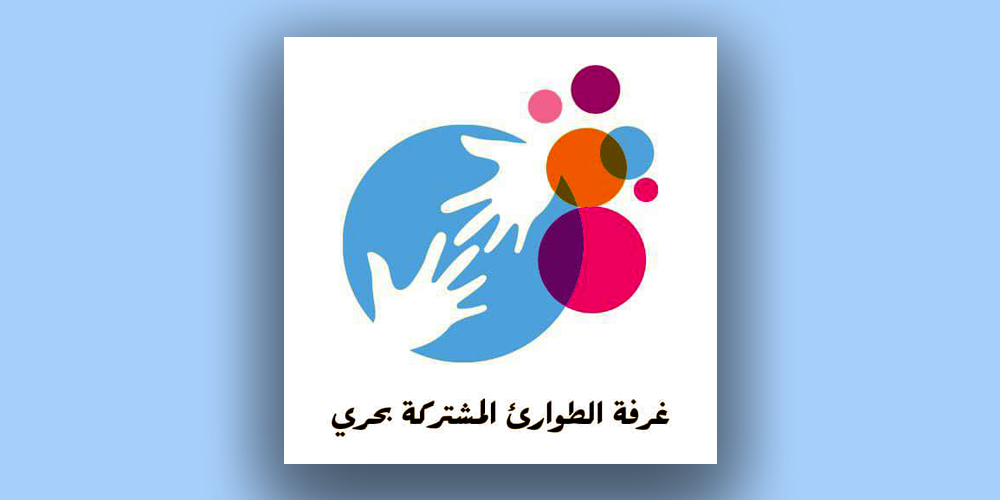
Bahri Emergency Response Room Announces the Suspension of Community Kitchens
moatinoon
One of the prominent volunteer groups that has been providing food to thousands of residents in the Khartoum Bahri city throughout the ongoing war in the country announced the cessation of this service due to telecommunication services disruption, shortages, and unavailability of supplies, making it impossible to provide them.
The "Bahri Emergency Room" explained in a later statement on Monday that 38 kitchens serving more than 32,000 families have stopped operating. They have lost contact with more than 60,000 families in Bahri City who require food, shelter, and medicine due to the interruption of the internet, which was the backbone for coordinating aid flow, donations, and organizing services for citizens.
The Emergency Room expressed deep regret and sympathy, conveying to the public the news of the suspension of all community kitchens operating in Bahri City. The circumstances of telecommunication services disruption, which facilitated the coordination of aid, in addition to shortages and the unavailability of supplies in a state of complete darkness in communication experienced by Sudan since February 4, 2024, led the volunteers of the Emergency Room to be unable to continue operating the community kitchens.
Volunteers warned that the cessation of the kitchens operation, due to internet outage, threatens hundreds of thousands of civilians trapped in a city that has turned into a combat zone, most of them suffering from hunger, including children, women, and the elderly. Volunteers are unable to assess emergency situations and provide any form of assistance.
UN organizations operating in Sudan, including the World Food Programme, the Office for the Coordination of Humanitarian Affairs, UNICEF, the Red Cross, and all other humanitarian organizations, were urged to pay attention to the seriousness of the current situation in Bahri City and to intervene urgently to provide humanitarian relief and especially food supplies to the besieged citizens.
They called for efforts to protect civilians and pressure the warring parties to keep the communication sector out of their military operations. The Emergency Room pledged to restore the work and activities of community kitchens as soon as possible.
The Emergency Room, formed by volunteers from the resistance committees that led the popular protests before the outbreak of war in mid-April last year, has been compensating for the absence of local authorities in conflict areas and the suspension of salary payments, which led to most state institutions going out of service, especially healthcare facilities.
Despite harassment and arrests faced by volunteers from both conflict parties, the Emergency Room continued to assist civilians stranded in the capital and other conflict areas. The Emergency Room in Khartoum state, with seven branches in the capitals three cities - Khartoum, Omdurman, and Bahri - works to provide subsidized food, establish solidarity kitchens in neighborhoods, and distribute food baskets to families in some areas.
It also contributes to providing essential services such as water and electricity in cooperation with relevant authorities, establishing shelters in displaced citizens areas, supervising them, monitoring safe routes, and assisting in evacuation operations to safer areas.
Emergency Rooms face numerous obstacles depending on the control areas of either conflict party. These challenges include difficulty delivering aid and medical supplies to hospitals and health centers, as they are sometimes stopped and confiscated before reaching their destination.
The disruption of communications and the internet in Sudan for over ten days have added further difficulty to the work of these volunteers. They rely on the internet to communicate between volunteers abroad and service providers domestically, as well as communication among volunteers across Khartoum state. The interruption of bank transfers in the various applications they rely on to provide the necessary funds for preparing and delivering services, especially food, has exacerbated the challenges.

